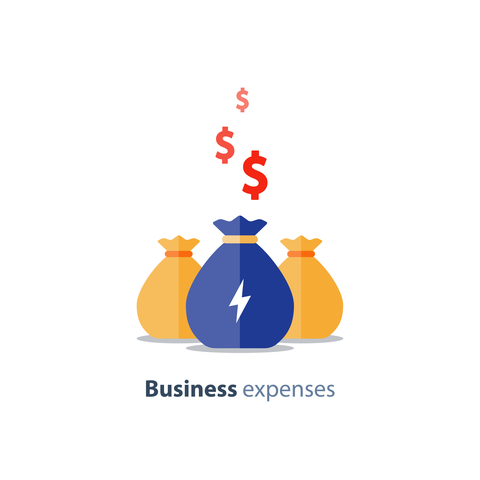 The Tax Cuts and Jobs Act dramatically increased the dollar limit on first-year expensing (the Section 179 deduction) for the purchase of equipment and other qualified property. For 2018, you can elect to deduct immediately the cost of these purchases up to $1 million (compared with the $510,000 limit in 2017).
The Tax Cuts and Jobs Act dramatically increased the dollar limit on first-year expensing (the Section 179 deduction) for the purchase of equipment and other qualified property. For 2018, you can elect to deduct immediately the cost of these purchases up to $1 million (compared with the $510,000 limit in 2017).
This generous write-off can be used whether you pay cash or finance your purchase in whole or in part. However, you may not want to elect this generous write off in some situations:
-
You face excess business losses as a noncorporate taxpayer.
If your business deductions from your pass-through entity (sole proprietorship, partnership, LLC, or S corporation) exceed the sum of your business income plus $250,000 if single ($500,000 on a joint return), then the excess cannot be claimed as a current loss. It becomes a net operating loss deductible in future years against 80% of taxable income (i.e., it could take years to fully claim the loss). You can minimize your excess loss by not using first-year expensing and instead deducting regular depreciation on your purchases of equipment and other qualified property for the year.
-
Your taxable income is too low.
The first-year expense deduction is limited to the extent of your taxable income. So if your income is too low, you don’t benefit from it. If you own an interest in a pass-through entity, determine whether you can influence the expensing election, which is made at the entity level.
-
Your state income tax rules don’t allow it.
Even if you claim it on your federal income tax return, state income tax rules may limit your first-year expensing deduction (a handful of states, including California, set their own lower dollar limits). So if you claim it on your federal return, you have to add back on your state tax return what’s not allowed by your state for expensing. You can learn more about tax conformity from the Tax Foundation.
-
You are in a low tax bracket this year but expect improvement.
If you are in a low tax bracket now (for example, you’re just starting the business and have little or no income) but expect to be in a higher one in the future, you may want to “save” depreciation deductions for the high-tax bracket years to come.
-
You’ve maxed out on the $1 million limit.
If you have an ownership interest in more than one pass-through entity, you may not be able to enjoy all of the expensing that’s been elected. For example, say you are a 50% partner in a partnership that purchased $1 million of equipment and made an expensing election; your share is $500,000. You also are the sole member in an LLC that bought $1 million in equipment. You don’t want to elect first-year expensing on the full $1 million because you can only use $500,000 of it.
Final thought
You don’t have to decide on whether to elect expensing when you purchase qualified property. You have until you file your return to make the election. That gives you time to see how your taxes shape up and whether you want to make the election or forgo it and use regular depreciation.
Note that bonus depreciation (another first-year allowance for the purchase of certain property) applies automatically unless you elect not to use it. The election out of bonus depreciation applies to all property in the same class (e.g., all 5-year or 7-year property). So, you need to work with your CPA or other tax adviser to make sure you take the right steps in writing off the cost of qualified property.


